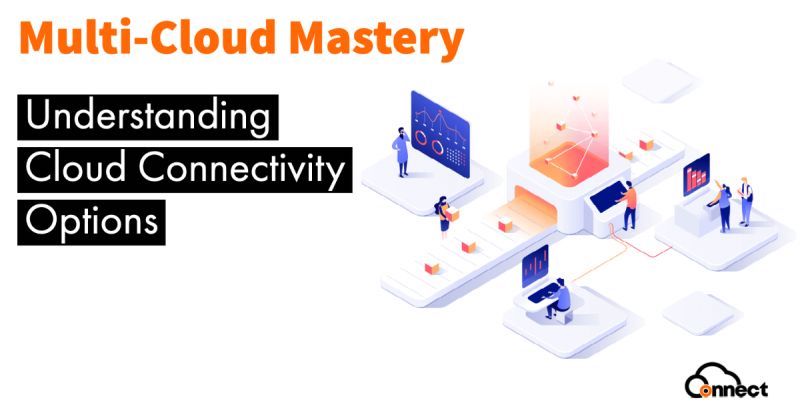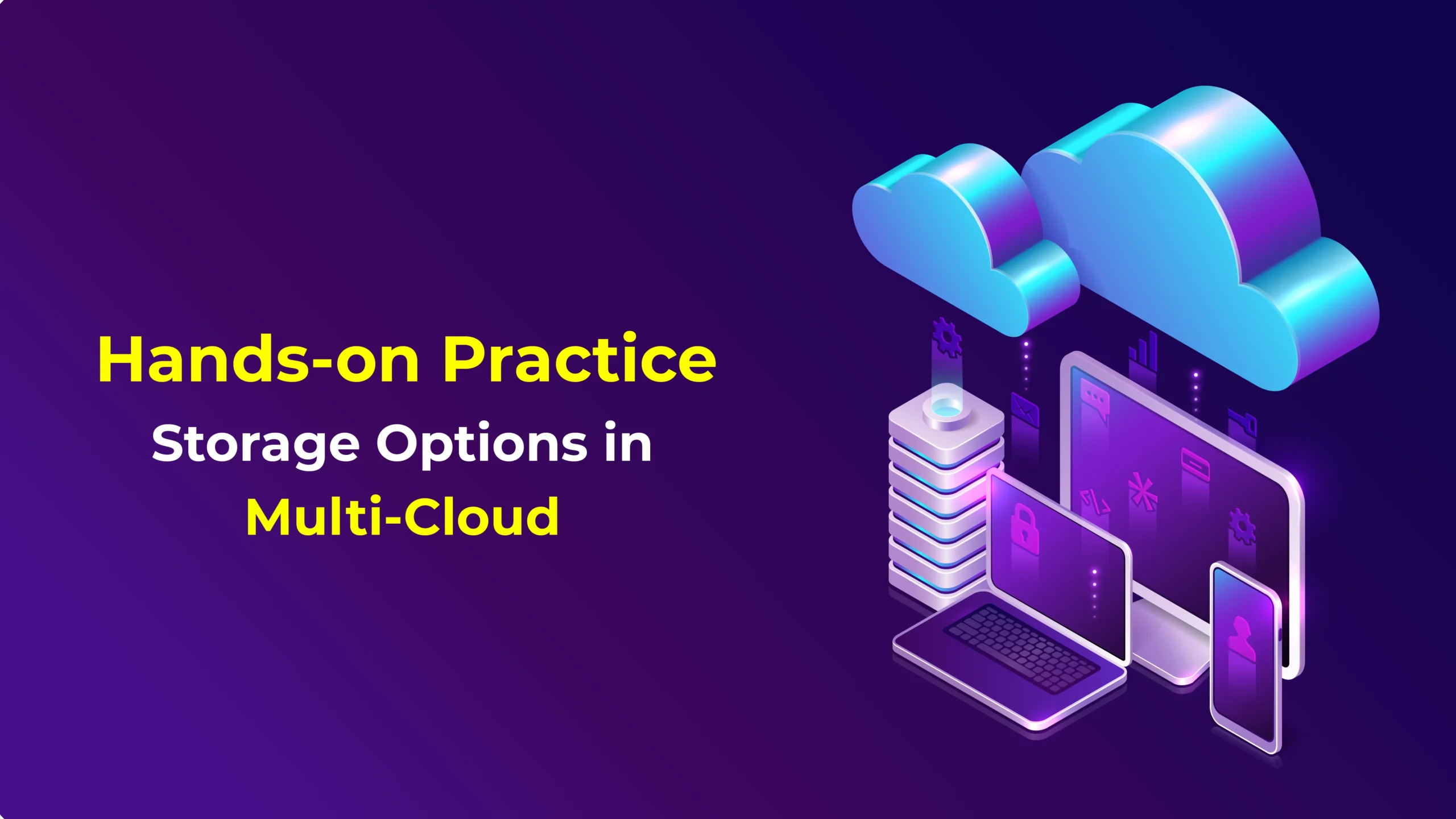Multi-cloud storage management has emerged as a transformative approach to data management, enabling organizations to harness the power of multiple cloud platforms. This comprehensive guide delves into the intricacies of multi-cloud storage, exploring its benefits, challenges, and best practices.
As the volume and complexity of data continue to surge, organizations are increasingly turning to multi-cloud storage solutions to optimize their data management strategies. By leveraging the strengths of multiple cloud providers, businesses can enhance data accessibility, improve performance, and reduce costs.
Multi-Cloud Storage Management Overview

Multi-cloud storage management refers to the practice of managing data storage across multiple cloud platforms. This approach has gained significant traction in recent years as organizations seek to leverage the benefits of different cloud providers, such as cost optimization, increased flexibility, and enhanced data resilience.
Key Benefits of Multi-Cloud Storage
Adopting a multi-cloud storage strategy offers several key benefits, including:
- Cost Optimization: Multi-cloud storage allows organizations to distribute their data across different cloud providers, enabling them to take advantage of each provider’s pricing advantages and optimize their storage costs.
- Increased Flexibility: By utilizing multiple cloud platforms, organizations can access a wider range of storage options and services, allowing them to tailor their storage solutions to meet their specific requirements.
- Enhanced Data Resilience: Multi-cloud storage provides redundancy and data protection by replicating data across multiple cloud platforms, minimizing the risk of data loss due to outages or failures on any single platform.
- Improved Performance: By distributing data across multiple cloud platforms, organizations can reduce latency and improve data access performance for applications and users.
Challenges of Multi-Cloud Storage, Multi-cloud storage management
While multi-cloud storage offers numerous benefits, it also presents some challenges that organizations need to address:
- Data Security: Managing data across multiple cloud platforms can increase the complexity of data security and compliance requirements, as organizations need to ensure that their data is protected and managed in accordance with applicable regulations.
- Data Governance: Implementing effective data governance practices across multiple cloud platforms can be challenging, as organizations need to establish consistent policies and procedures for data management, access, and retention.
- Vendor Lock-in: Organizations may face vendor lock-in when adopting multi-cloud storage, as migrating data from one cloud platform to another can be complex and time-consuming.
Real-World Use Cases
Multi-cloud storage management has been successfully implemented in various industries, including:
- Media and Entertainment: Media companies use multi-cloud storage to store and manage large volumes of video and audio content, enabling them to deliver content to users on multiple platforms.
- Healthcare: Healthcare providers use multi-cloud storage to store and manage patient data, ensuring data security and compliance while improving access to medical records.
- Financial Services: Financial institutions use multi-cloud storage to store and manage financial data, enabling them to comply with regulatory requirements and mitigate risks.
Types of Multi-Cloud Storage Solutions: Multi-cloud Storage Management
Multi-cloud storage solutions offer a range of options to meet diverse organizational needs. Understanding the different types of solutions is crucial for selecting the optimal approach.
The primary types of multi-cloud storage solutions include hybrid cloud, multi-region cloud, and geo-distributed cloud.
Hybrid Cloud
Hybrid cloud combines on-premises infrastructure with public cloud services. It allows organizations to maintain control over sensitive data and applications while leveraging the scalability and flexibility of the cloud.
- Advantages: Data sovereignty, cost optimization, improved performance for latency-sensitive applications.
- Disadvantages: Complexity of managing both on-premises and cloud infrastructure, potential security risks if not implemented properly.
Multi-Region Cloud
Multi-region cloud stores data across multiple geographic regions within a single cloud provider. This ensures data redundancy and high availability, reducing the risk of data loss due to regional outages or disasters.
- Advantages: Data redundancy, improved performance for geographically dispersed users, reduced latency.
- Disadvantages: Can be more expensive than single-region storage, potential challenges in managing data across regions.
Geo-Distributed Cloud
Geo-distributed cloud distributes data across multiple cloud providers and geographic regions. This approach offers the highest level of data resilience and availability, ensuring that data remains accessible even in the event of a major outage or disaster.
- Advantages: Maximum data resilience, redundancy across multiple providers and regions, improved performance for global users.
- Disadvantages: Complexity of managing data across multiple providers, higher costs compared to other solutions.
Factors to Consider When Choosing a Solution
Selecting the right multi-cloud storage solution depends on several factors, including:
- Data sensitivity and compliance requirements: Determine the level of security and control required for the data.
- Performance and availability needs: Consider the latency and uptime requirements for applications and users.
- Cost considerations: Evaluate the costs associated with each solution, including storage, networking, and management.
- Long-term strategy: Align the storage solution with the organization’s overall cloud strategy and future plans.
Tools and Technologies for Multi-Cloud Storage Management

Managing multi-cloud storage environments requires a comprehensive set of tools and technologies to ensure efficient data management, security, and cost optimization. These tools and technologies enable organizations to effectively handle the complexities of managing data across multiple cloud platforms.
Key tools and technologies used for multi-cloud storage management include:
Cloud Storage Management Platforms
- Provide a unified interface for managing storage resources across multiple cloud providers.
- Offer features such as data replication, backup and recovery, and performance monitoring.
- Examples: NetApp Cloud Volumes ONTAP, Dell EMC CloudIQ, VMware Cloud Director.
Data Integration Tools
- Enable seamless data movement and integration between different cloud platforms.
- Support data transformation, data quality management, and data governance.
- Examples: Informatica Cloud Data Integration, Talend Data Fabric, Azure Data Factory.
Security Solutions
- Ensure data protection and compliance across multiple cloud environments.
- Provide features such as encryption, access control, and threat detection.
- Examples: CloudGuard, AWS Security Hub, Azure Sentinel.
Automation and Orchestration
- Automate routine tasks and streamline multi-cloud storage management processes.
- Enable efficient provisioning, scaling, and optimization of storage resources.
- Examples: Terraform, Ansible, AWS CloudFormation.
Closing Notes
In conclusion, multi-cloud storage management has become an essential strategy for organizations seeking to navigate the complexities of modern data management. By embracing a multi-cloud approach, businesses can unlock the full potential of their data, empowering them to make informed decisions, drive innovation, and gain a competitive edge.
Top FAQs
What are the key benefits of adopting a multi-cloud storage strategy?
Multi-cloud storage offers numerous benefits, including increased data accessibility, improved performance, enhanced security, and reduced costs.
What are the challenges associated with multi-cloud storage management?
Managing multiple cloud platforms can introduce challenges such as data governance, security concerns, and the need for specialized expertise.
What are some real-world examples of successful multi-cloud storage implementations?
Many organizations have successfully implemented multi-cloud storage solutions, including Netflix, Amazon, and Google.



